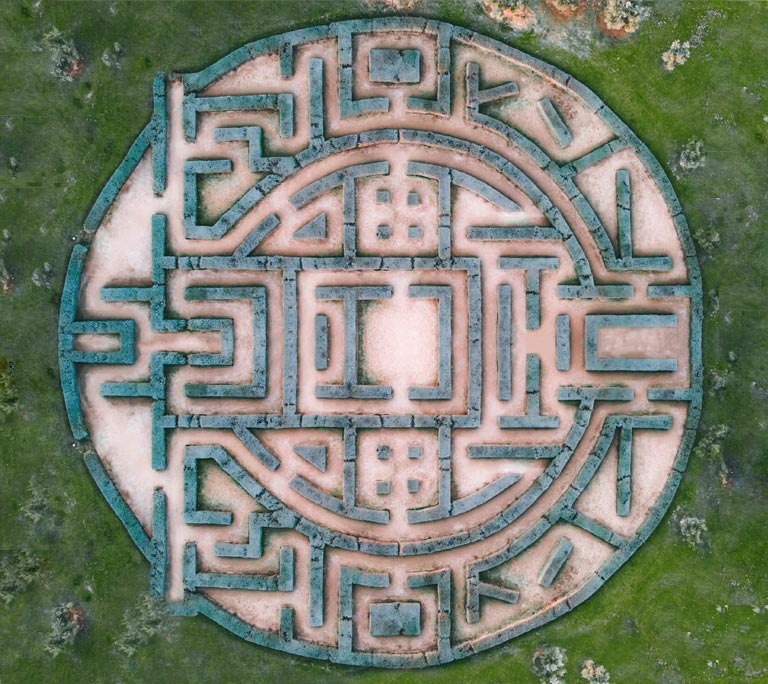In simple terms, it is the part of the psyche that looks forward, containing the drive toward fulfilment and wholeness, and manifests itself in a wide variety of forms, often as a superior personality such as a king, hero, prophet or saviour. The essential characteristic of the Self is its role as the regulating centre of the psyche, controlling, organising and producing the experience of dreams.

Jungian psychology teaches that creating the Self takes place through a process known as ‘individuation’. Individuation is the process by which a person achieves a sense of individuality separate from the identities of others and begins to consciously exist as a human in the world, all as a part of a quest to reach his or her fullest potential. The realisation of the Self is the ultimate goal of this process and can help bring harmony between the unconscious and the conscious mind, in many cases, helping to solve a number of psychological problems.
When discussing the Self, it is also important to acknowledge the ego and the role that it plays in relation to the individuation process. Jung believed that the ego represents the conscious mind, comprising the thoughts, memories and emotions of which a person is aware. He thought that it makes up the centre of consciousness and is therefore largely responsible for feelings of identity and continuity, with a quality which appears manufactured or ‘man-made’.
.jpg/$file/circle-lightning($1$).jpg)
By contrast, the Self feels like a force of nature with a far wider view, a perspective that the ego can’t understand. In its quest for consciousness, then, the Self requires the surrendering of ego inflation, or rather, the narcissistic delusion that the ego is the Self.
One issue that can arise when people encounter the Self is to think that they are simply discovering a greater view of their ego. This mistake can cause people to inflate their ideas regarding themselves, such as believing that the God-like numinosity of the Self is their own personal magnificence, or to weaken the ego as the individual tries to rise into the Self’s transcendence at the expense of the ego’s healthy structure and limits.
The solution to this is to understand that in our meeting with the Self, we must retain the sense of the ego’s small ‘self’ as a valid part of ourselves, yet no longer our sole centre of identity. Through doing this, the ego’s importance reduces to being simply one element of many within the psyche, still powerful and important, but not in charge. It is our personality, but it does not account for our entire psyche.
Their psychoanalysts are fully-trained in methods of Jungian psychotherapy, with world-renowned services are offered across central London, Bermondsey, Southwark and London Bridge, as well as Colchester in Essex. To find out more call 0333 339 2430 or get in touch by email.
Contact Us by email

